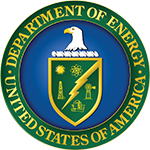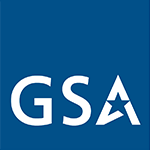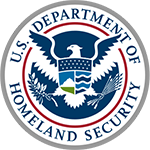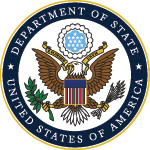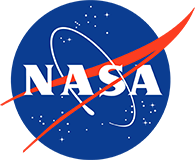Pittsburgh, PA
Smart Labs enable safe and efficient world class science to occur in laboratories through high-performance methods. The Smart Labs toolkit describes a systematic process to help laboratory owners and operators plan, assess, optimize, and manage laboratory facilities. This half-day workshop reviews the four phases of the Smart Labs Toolkit along with an interactive activity to complete a Laboratory Ventilation Risk Assessment (LVRA). This session will also highlight the Lab Benchmarking Tool (LBT), which compares the energy use, emissions, and operational practices of your lab buildings with similar facilities. Attendees will discuss applications for participant facilities as well as share tools and best practices.
Instructors
Rachel Romero, Energy Engineer, National Renewable Energy Laboratory Read Bio
Rachel Romero, PE, is an energy engineer and project leader at the National Renewable Energy Laboratory (NREL) in the Integrated Applications Center. Rachel provides technical assistance to the to the U.S. Department of Energy's Smart Labs program, which provides technical assistance to university and national laboratory partners across the United States. She was a main author of the Smart Labs Toolkit, which describes a systematic process to achieve safe, efficient, and sustainable laboratories. She obtained her Bachelor of Science in mechanical engineering from Hope College and then received her master's degree in building systems engineering from the University of Colorado Boulder. Rachel is an active member of ASHRAE, active on TC 9.10 Laboratories.
Otto VanGeet, Principal Engineer, National Renewable Energy Laboratory Read Bio
Otto Van Geet is a Principal Engineer at NREL. He has been involved in the design, construction, and operation of energy-efficient research facilities such as laboratories and data centers, office and general use facilities, and low-energy-use campus and communities. Van Geet was one of the founding members of the Labs21 (Smart Labs) program and his experience also includes renewables screening and assessment, PV system design for on- and off-grid applications, energy audits, and minimizing energy use. Van Geet has authored many technical reports and conference papers and been recognized with many awards from professional associations, including the 2007 Presidential Award for Leadership in Federal Energy Management and the 2011 GreenGov Green Innovation Presidential Award for the NREL Research Support Facility data center.
Learning Objectives
Upon completion of this course, attendees will be able to:
- Identify key elements of a Smart Lab, which are the key drivers of researcher safety and energy use within lab spaces;
- Recognize the significance of ventilation in laboratory decarbonization efforts;
- Select the complexity of the challenges that laboratories face in regard to decarbonization;
- Recognize the components of a culture of sustainability to engage occupants in integrating decarbonization into operational best practices.




